How can policy makers be globally inclusive when it comes to sustainability?
11 experts weigh in
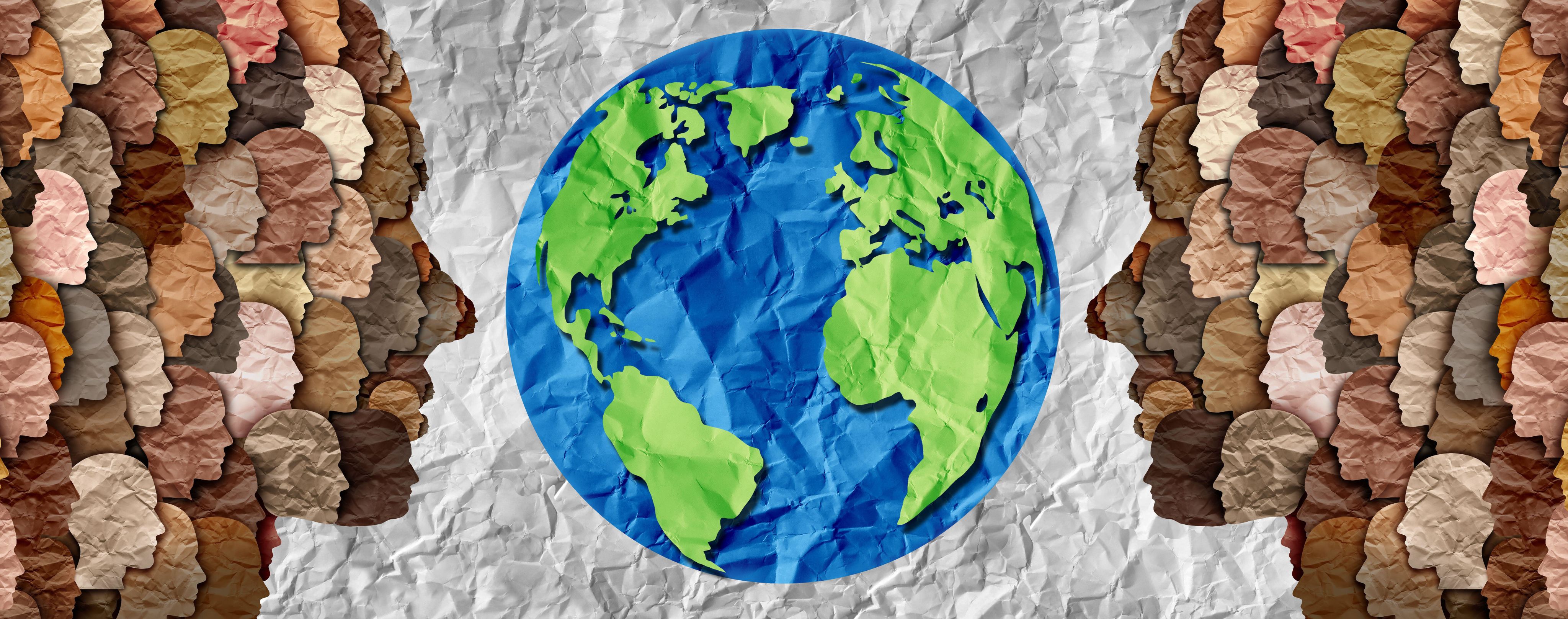
By Leah Kinthaert, November 2022
Many people in North America or Europe experience the concept of sustainability as one of limits: limiting air travel, limiting consumption or type of goods, limiting choices – choices around what we eat, wear, or do.
These sorts of attitudes, unfortunately, have made for a great deal of resistance around the adoption of sustainable practices. In fact, in places like the U.S., conservatives – who make up over one-third of the population – have even politicized anti-sustainability and intentionally do not adopt sustainable business practices, as a form of protest.
In addition to U.S. conservatives, there is a growing movement of other voices in the U.S., for example, who are challenging the idea of sustainability, and in doing so have exposed that environmentalist organizations, or "Big Green" groups, "have just 22% non-white senior staff in a nation that is about 40 percent non-white." As Zack Coleman wrote in Politico last year: "Would-be allies within the Black, Latino, and Indigenous communities are disaffected by an agenda that many see as focused on save-the-planet idealism at the expense of the nuts-and-bolts concerns of their communities."
It may be a very frustrating time for people who want to put forth an agenda of implementing behavioral change in the fight against climate change. Perhaps, however, as we take a critical look at such an agenda, it is ripe for change. The mainstream discourse is not only out of touch with the U.S. population, it is in fact completely ignoring the Global South, which has, by far, most of the world’s population. As Harini Nagenda explains in Nature: "The limited Western view of sustainability is stifling progress, just as the world faces crises over water, climate change, energy, and biodiversity. That view… does a disservice to the variety and creativity of thinking and actions on sustainability in societies across the globe."
Creativity and innovation, Nagendra points out, "have brought sustainability issues into everyday conversations in India. They have inspired generations of activists. Yet most university courses on sustainability omit them. Teachings still have a Western focus, even in India. Most books on sustainability frame the discourse in terms of Earth’s finite resources and rising population."
So how can we frame the discourse to include all voices? I spoke with 11 researchers who have focused their scholarship on sustainability and the global south to find out. They include Henry Telli, Dr. Lisa Schipper, Joyce Ojino, Laura Pereira, Ashley Dawson, Oliver Harman, Mucahid Bayrak, Thomas Tanner, Blane Harvey, Giulio Verdini, and Dr. Eghosa Ekhator. With suggestions that range from a reconceptualization of sustainability to debt cancellation, they examine current roadblocks and provide a path to understanding.
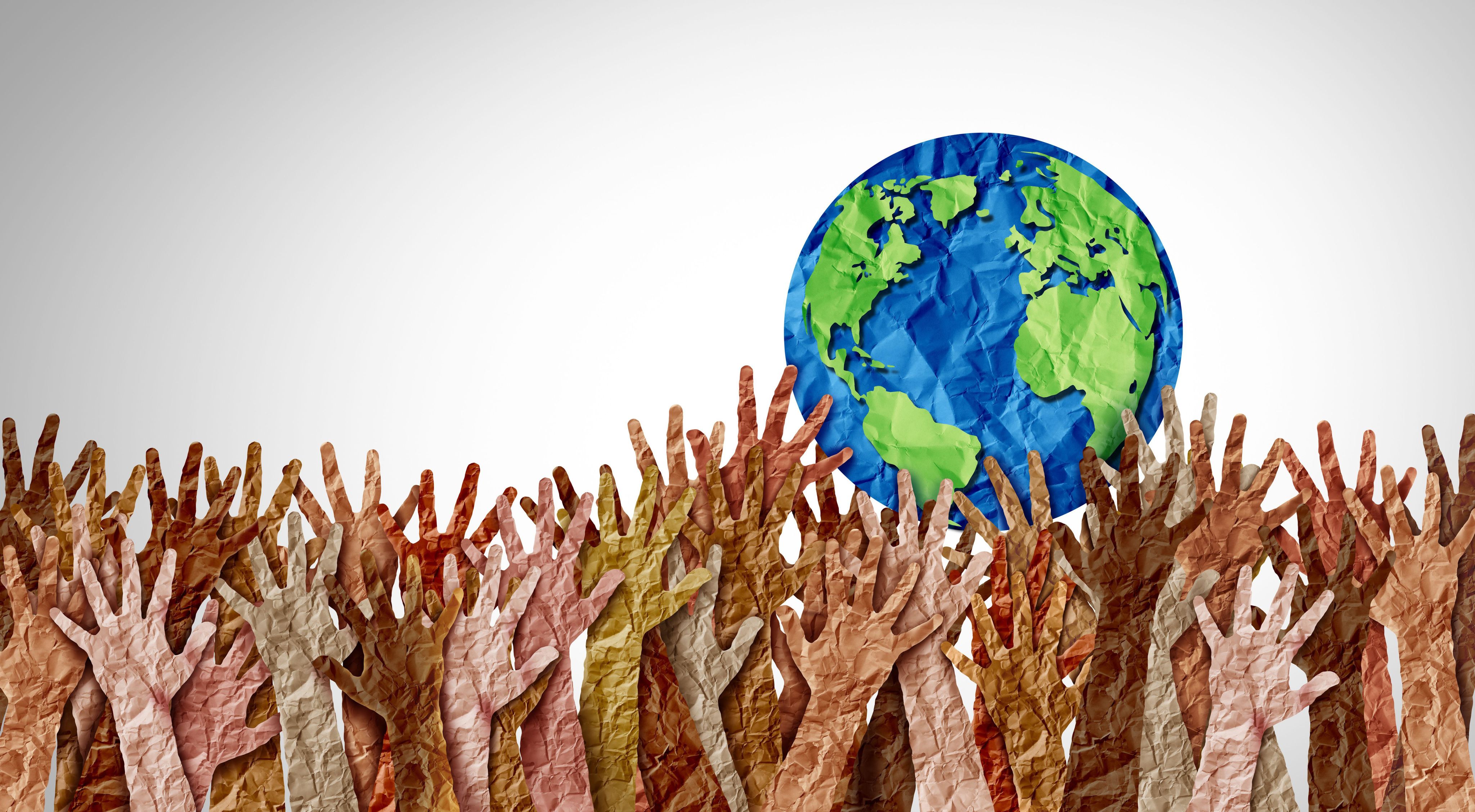
Henry Telli, Country Economist, Ghana Country Programme, International Growth Centre (IGC), London School of Economics; @HenryTelli
"Faster and widespread deployment of emerging low carbon technologies together with drastic shifts in the incentives of businesses away from producing and using fossil fuels is the surest way to achieve the global sustainability target."
Technology is key
"Policymakers need to admit that unless the very latest technologies are made quickly accessible and more affordable to developing countries who desperately want to grow, develop and escape poverty, emissions will continue to rise. Developing countries are currently the recipients of older technologies, and without a deliberate effort to change this, the problem of high carbon emissions will just be shifted from the developed to developing countries."
Read Henri Telli's groundbreaking work on economics and migration from the journal Migration and Development. Additionally, you can browse his working paper "Technology and Tax Capacity: Evidence from Local Governments in Ghana" here.
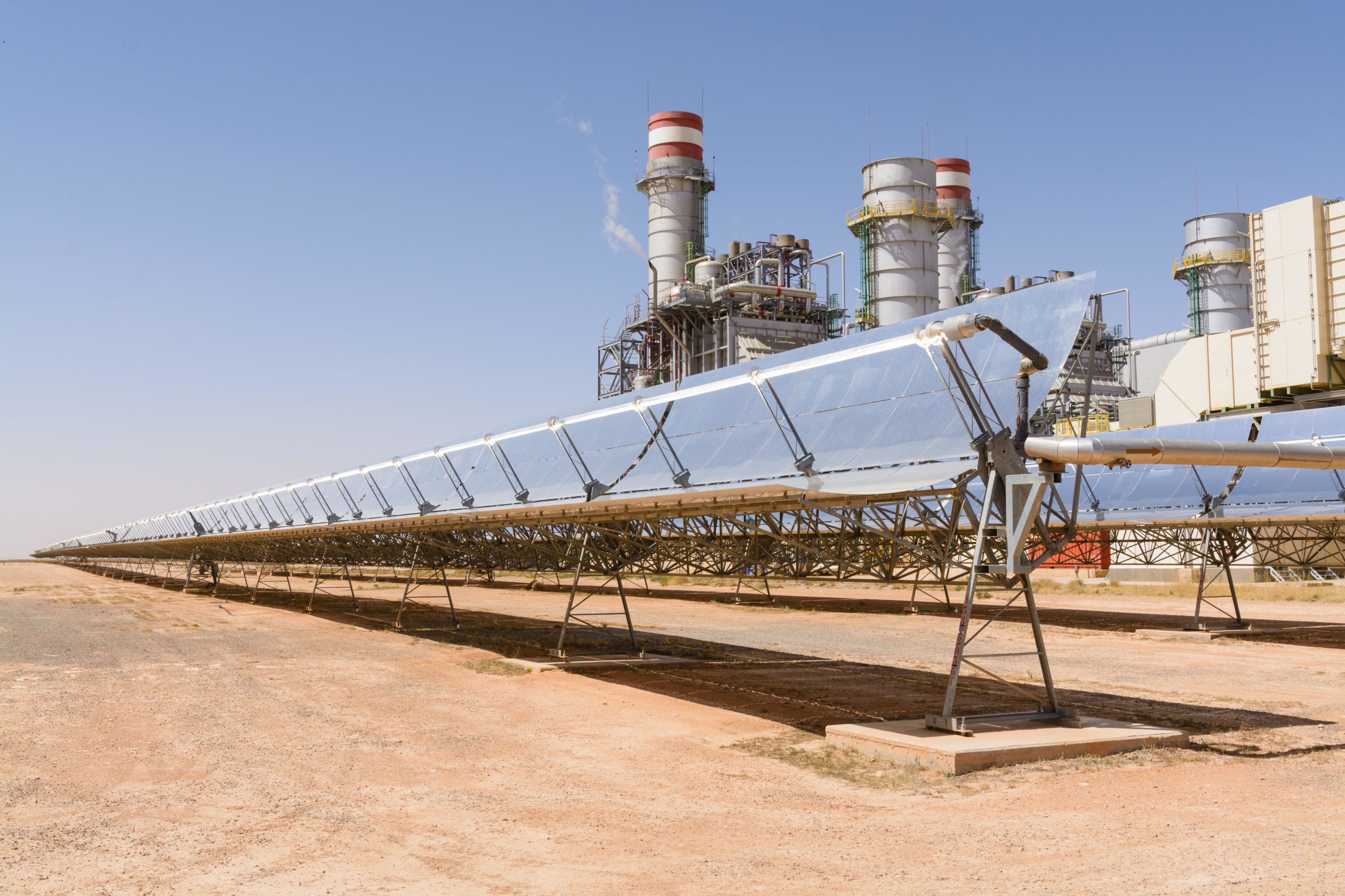
Dr. Lisa Schipper, Department of Geography, University of Bonn; Co-Editor-in-Chief, Climate and Development; @schipper_lisa
"The majority of knowledge driving policy on sustainable development and environmental change comes from the Global North, which paints an incomplete and misleading picture of what we know and what the problems are. This impacts our ability to make impactful changes."
Eliminate barriers
"We need to highlight and work to eliminate the barriers facing sustainability scholars from the Global South. While some of these are systemic, such as lack of investment in research institutions, many are lower-hanging. These can include free access to journals or more explicit requirements for research projects to be led by Global South scholars.”
The Editors of Climate and Development have written “Equity in climate scholarship: a manifesto for action,” which is free to access and gives more important points on how to close the inequality gap in climate scholarship.
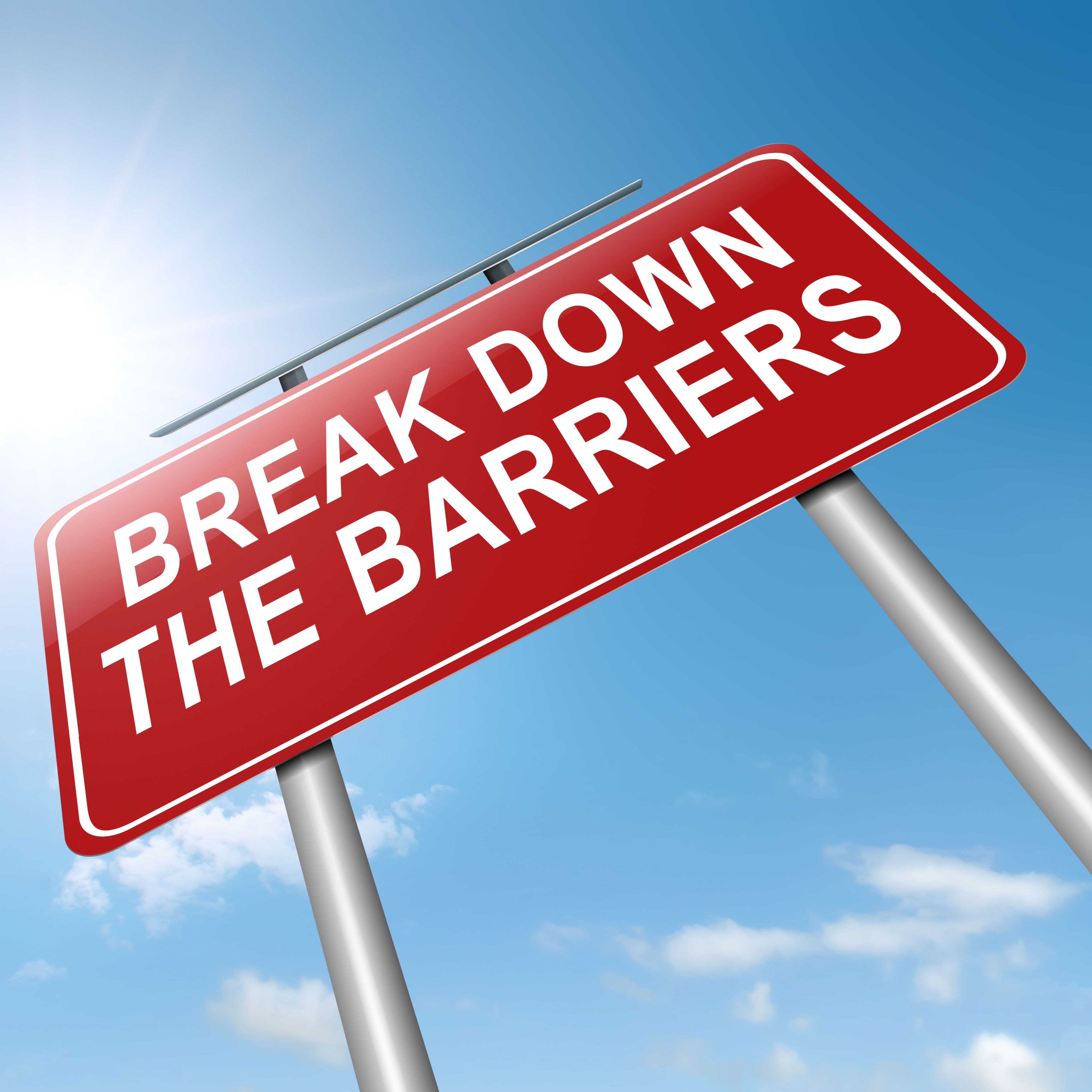
Joyce Ojino, PhD candidate, Global Change Institute, University of the Witwatersrand; @ojinoj
"To be globally inclusive, there is a need to acknowledge how differences in languages, worldviews, and cultures can lead to different conceptualizations of sustainability issues, and therefore result in a wide range of solutions. Considering these aspects during policy design can lead to the creation of solutions that are more relevant and acceptable to diverse groups."
Conceptualize differently
"Though efforts have been made to include indigenous and local knowledge and enable the participation of traditionally marginalized groups, there is still heavy reliance on Western systems of knowledge and technologies when designing and implementing policies for sustainability."
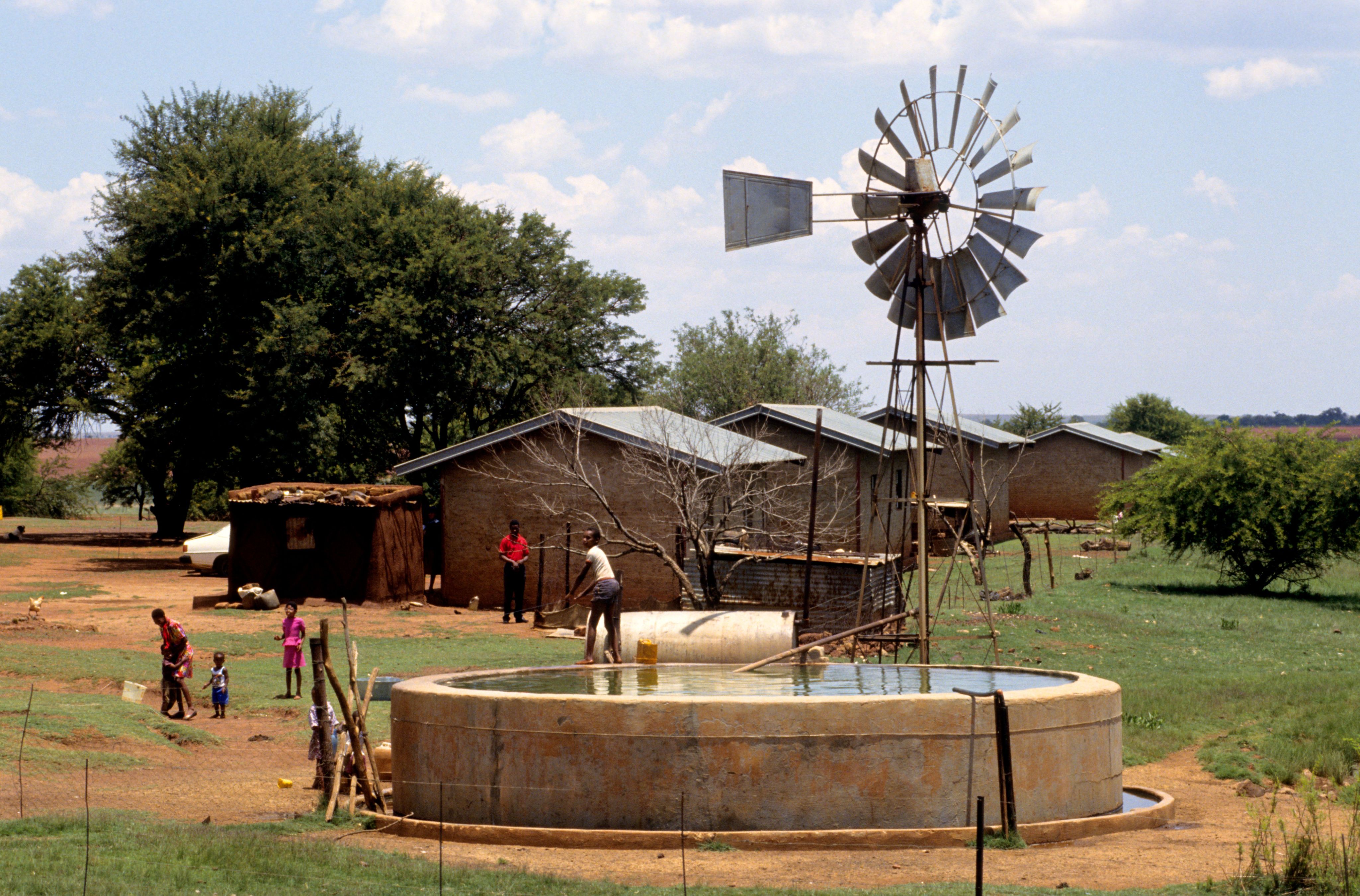
Laura Pereira, Associate Professor, University of the Witwatersrand; @laurap18
"I think the most critical aspect is for policy makers to take multiple scales (temporal and geographical) into account. For this, they need to make the brave decision to move out of their comfort zone of election cycles and start implementing decisions and interventions with much longer-term horizons, as this is what counts for sustainability. They also need to move beyond thinking just of their own jurisdictions, but about what effects their decisions have at the planetary level, because fundamentally we are all interconnected for better or for worse."
A planetary perspective
"So, to reflect on what impact does this decision have not just on my constituency, but on constituencies outside? What are the implications in the Global South for a policy decision around switching to electric vehicles, for instance, where will that lithium and cobalt for batteries come from? What does my switch to locally sourced food mean for international trade-dependent workers? Taking a planetary perspective is essential both for improving sustainability outcomes, and doing so in a more equitable and just way."
For further reading, check out Pereira’s contribution to the book “Food, Energy and Water Sustainability” free to access at this link.
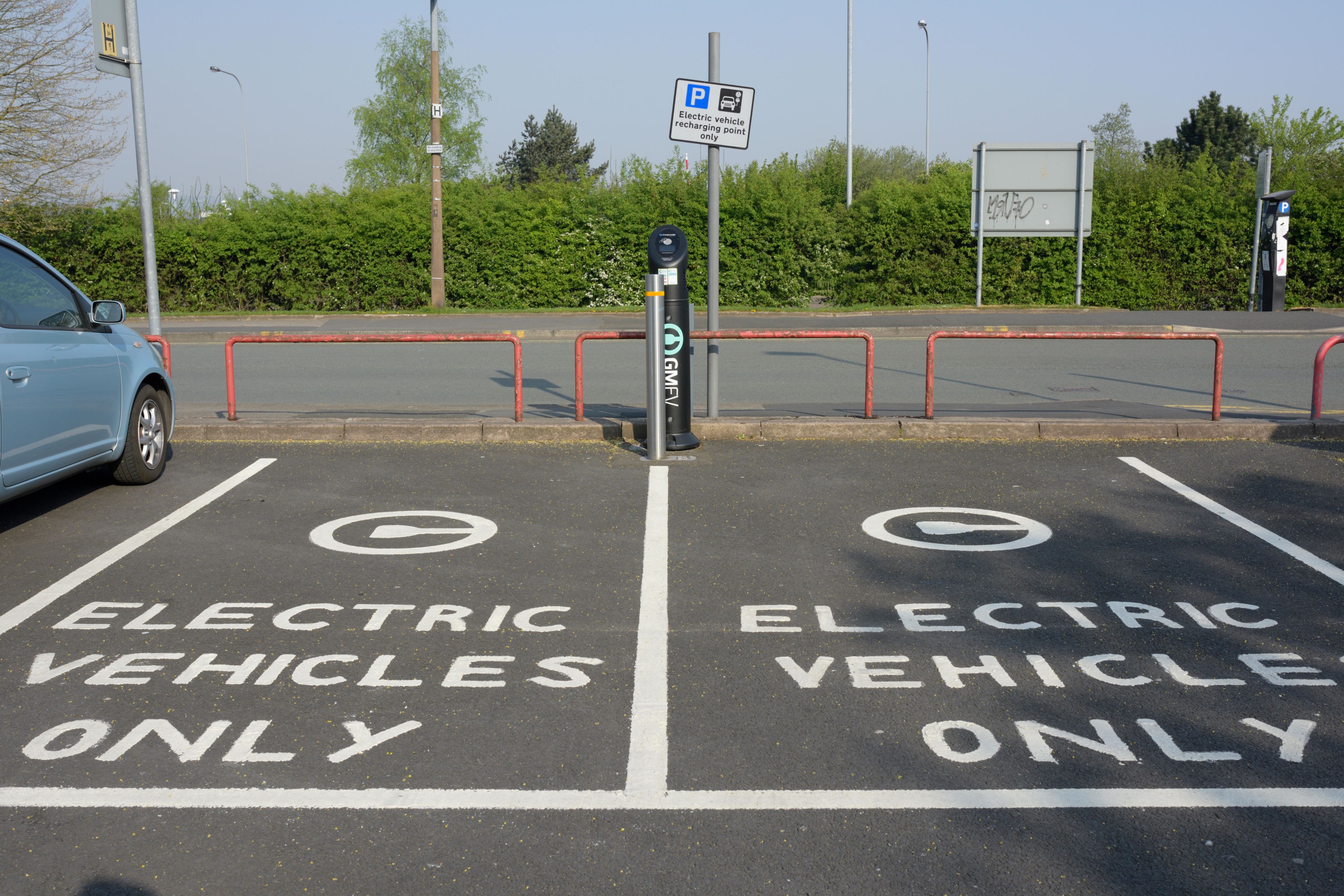
Ashley Dawson, Professor Postcolonial Studies, City University of New York; @AshleyDawsonNYC
“Policy makers can be globally inclusive when it comes to sustainability by cancelling all debt owed by Global South nations. This debt is odious in both the legal and vernacular senses."
Climate reparations
"In addition, policy makers in wealthy countries should pay climate reparations, since their nations have effectively colonized the atmosphere with their greenhouse gas emissions. Such payments should be in the form of grants, not loans with steep interest or other conditions attached."
For further reading, find Ashley Dawson’s articles “Putting a Human Face on Climate Change” and “Decolonizing the Seed Commons: Biocapitalism, Agroecology, and Visual Culture” free to access at these links.

Oliver Harman, Cities Economist, Blavatnik School of Government, University of Oxford; @IGC_CtW
"Global value chains (GVCs) represent an important opportunity for policy makers to be globally inclusive when it comes to sustainability. As our recent Regional Studies Association Policy Impact Book outlines, ‘as the globe transitions to net zero emissions, more goods and services will become inherently green, creating new and different ”’green” global value chains."
Choice is key
"Jennifer Musisi, former Executive Director of Kampala Capital City Authority, Uganda, describes their importance for the Global South. She states in the book’s policy foreword that harnessing global value chains gives leaders, especially in developing economies, 'choice of how best to drive their development based on existing strengths, innovations and resources.' They have potential to enable sustainable change – connecting firms, markets, and governments to act in global best interest."
For further reading, find Jennifer Musisi's foreword to Harnessing Global Value Chains for regional development: How to upgrade through regional policy, FDI, and trade here, and the book's key messages here, free to access.
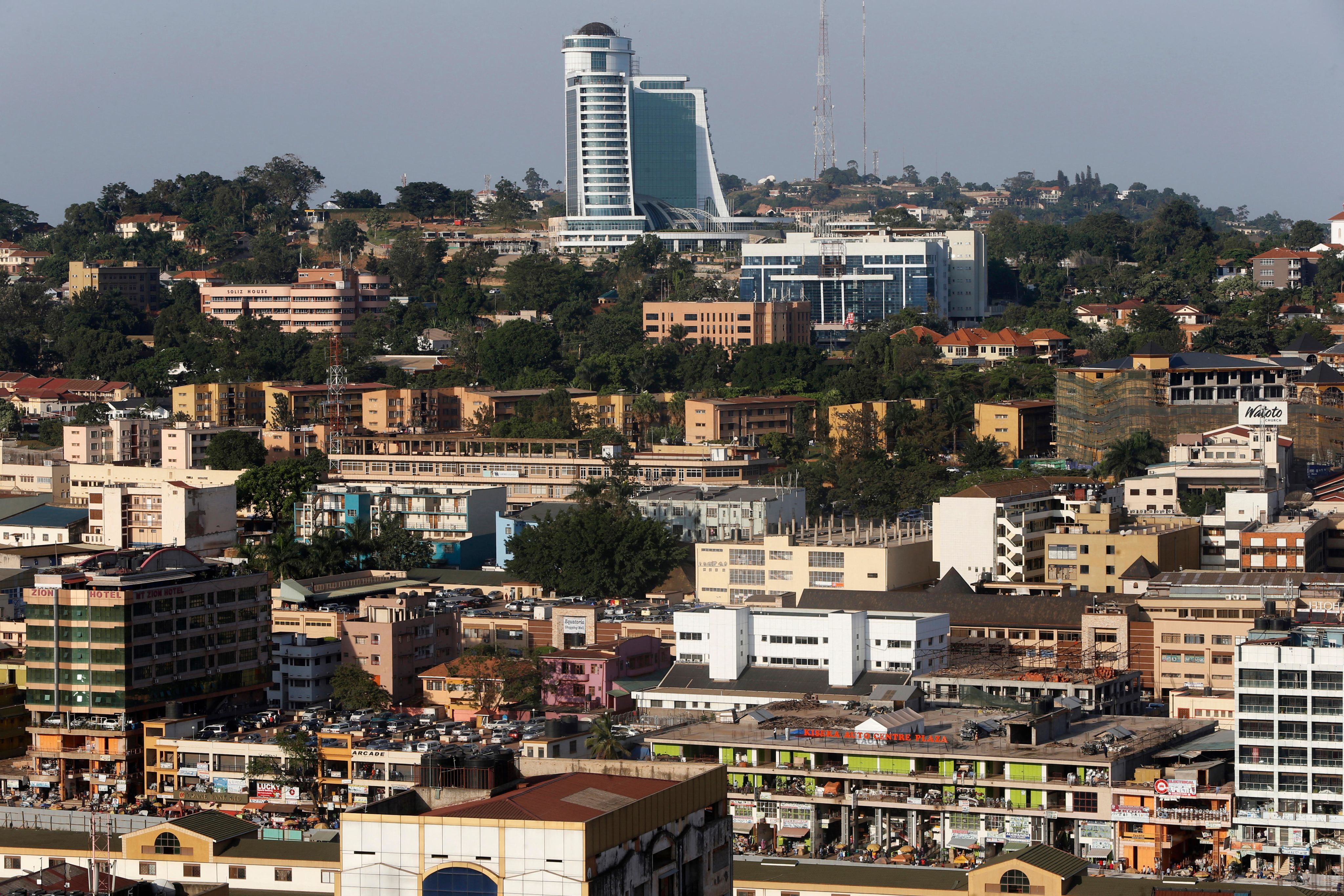
Mucahid Bayrak, Associate Professor, Dept. of Geography, National Taiwan Normal University; Associate Editor, Climate and Development.
"With the advent of the Anthropocene, it is a good trend that discussions among policy makers are shifting towards becoming globally more inclusive. There is, however, an important pitfall. We should not assume that everyone is equally responsible for the existential threats humanity is currently facing."
Hold corporations responsible
"So instead of implementing climate change mitigation projects among subsistence-based Indigenous and other rural communities, we need to hold industrialized societies, and transnational corporations in particular, more responsible for their ecological footprint. Policy makers should not abuse their power to force those without power to clean up our ‘mess’."
For further reading, the articles Appraising the community in community-based tourism and Disentangling the concepts of global climate change, adaptation, and human mobility: a political-ecological exploration in Vietnam’s Mekong Delta are free to access.

Dr. Thomas Tanner, CeDEP Centre Director and Programme Convenor, Climate Change and Development; SOAS University of London; Associate Editor, Climate and Development; @tommytanner
"Promoting globally inclusive behavior and policy on climate change faces a critical problem: Decisions to pollute now and in one place have impacts in the future in other places and on other people. The dominant storyline of disaster (individual disaster events, habitat destruction, or planetary crisis) does not address this problem."
Start locally
"Instead, we need to start with locally relevant priorities: cleaner air, lower energy bills, future-proofed job creation, and resilience thinking that situates the local experience within wider systems."
For further reading, the first chapter, “Urban climate change resilience ‘reset'" of the book Resilience Reset: Creating Resilient Cities in the Global South by Aditya V. Bahadur and Thomas Tanner, is free to access.

Blane Harvey, Assistant Professor, Department of Integrated Studies in Education, McGill University; Associate Editor, Climate and Development. @BlaneHarvey
"Communities who are at the frontlines of climate and sustainability crises need a seat at the table when it comes to designing and implementing responses. We’ve known this for a long time, but most funding decisions, program development, and criteria for evaluating success are still controlled by policy-makers and advisors in the Global North with very limited involvement of stakeholders based where the action will be taking place."
Collaboration and transparency
"Recent research (1, 2) has shown how this can lead to an inequitable distribution of resources, introduce systemic barriers for Southern organizations to play a leadership role in responses, and create an overall lack of ownership of global action in the places that are most at risk. Reviewing how the earliest stages of planning and decision-making can be made more transparent and collaborative (for example, using principles of co-design) can avoid locking in biases and inequities that limit the impact of even the most well-intentioned initiatives.”
For further reading, the articles "Breaking vicious cycles? A systems perspective on Southern leadership in climate and development research programmes" by Blane Harvey, Ying-Suan Huang, Julio Araujo, Katharine Vincent, and Geoffrey Sabiiti; and "Funding flows for climate change research on Africa: where do they come from and where do they go?" by Indra Overland, Haakon Fossum Sagbakken, Aidai Isataeva, Galina Kolodzinskaia, Nicholas Philip Simpson, Christopher Trisos, and Roman Vakulchukis, are free to access.
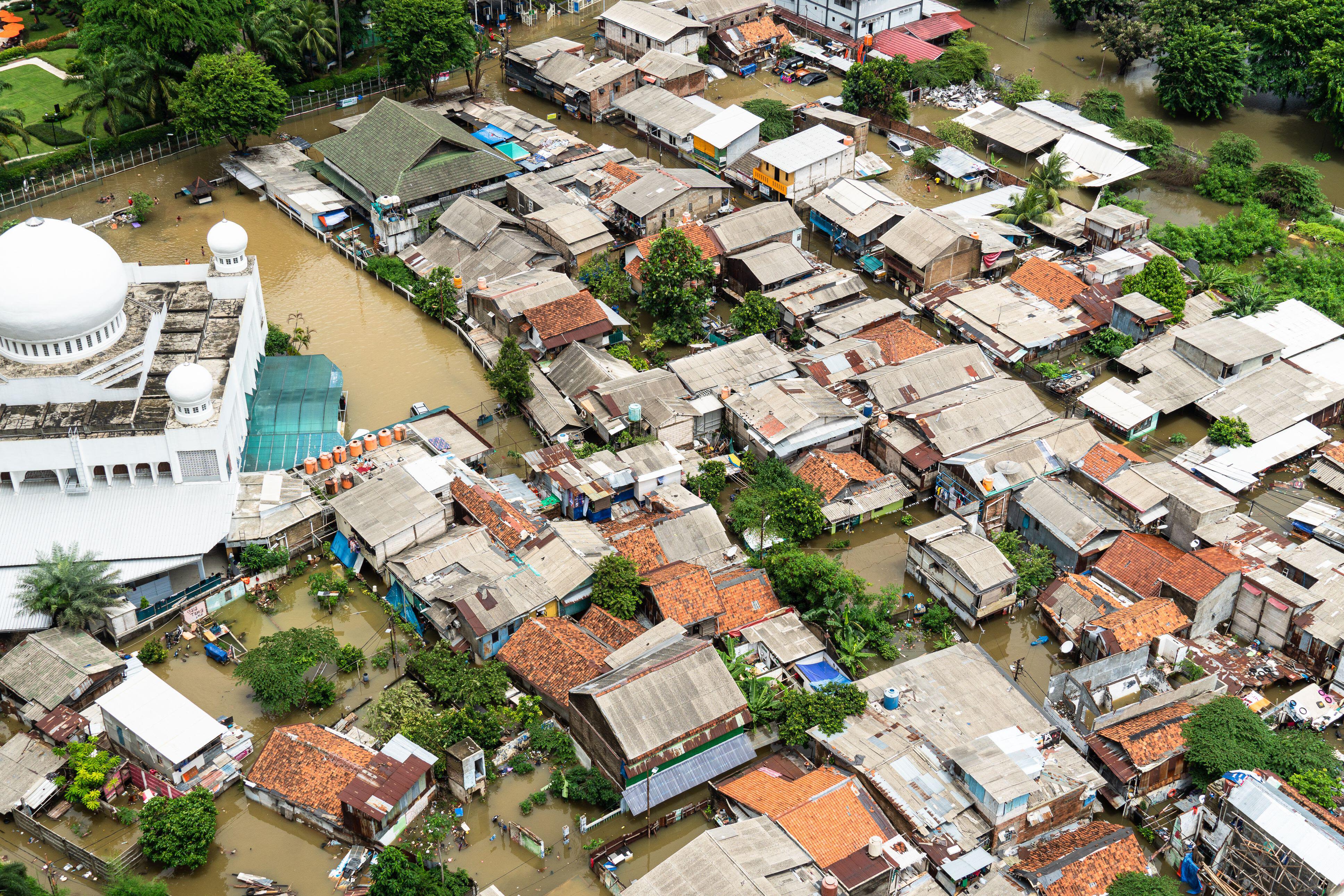
Giulio Verdini, Associate Professor, University of Westminster; Visiting Professor, Mohammed VI Polytechnic University, Morocco; @giulioverdini
"Local policy makers in the Global South can make a difference if they take climate resiliency seriously. And this is what is happening based on my experience in rural areas of Morocco. The tangible impact of climate change, such as lack of water and drought is reshaping local political agendas. Communities are more concerned and vocal on this and public discussions are taking place and facilitated. This is all positive."
Decolonizing the narrative
"On the other hand, there are other experiences when local policy makers still are complacent with, for example, profit seeking abstract ideas of city development, which are climate unresponsive and often socially exclusive. Besides the obvious economic and political gains, it is also a question of changing mentality. This would require not only the decolonization of practices but also the decolonization of imaginaries, narratives and aspirations. That would really make policy makers globally sustainable, no matter where they operate.”
For further reading, check out Giulio Verdini's introduction to this book "Culture and Rural–Urban Revitalisation in South Africa: Indigenous Knowledge, Policies, and Planning."
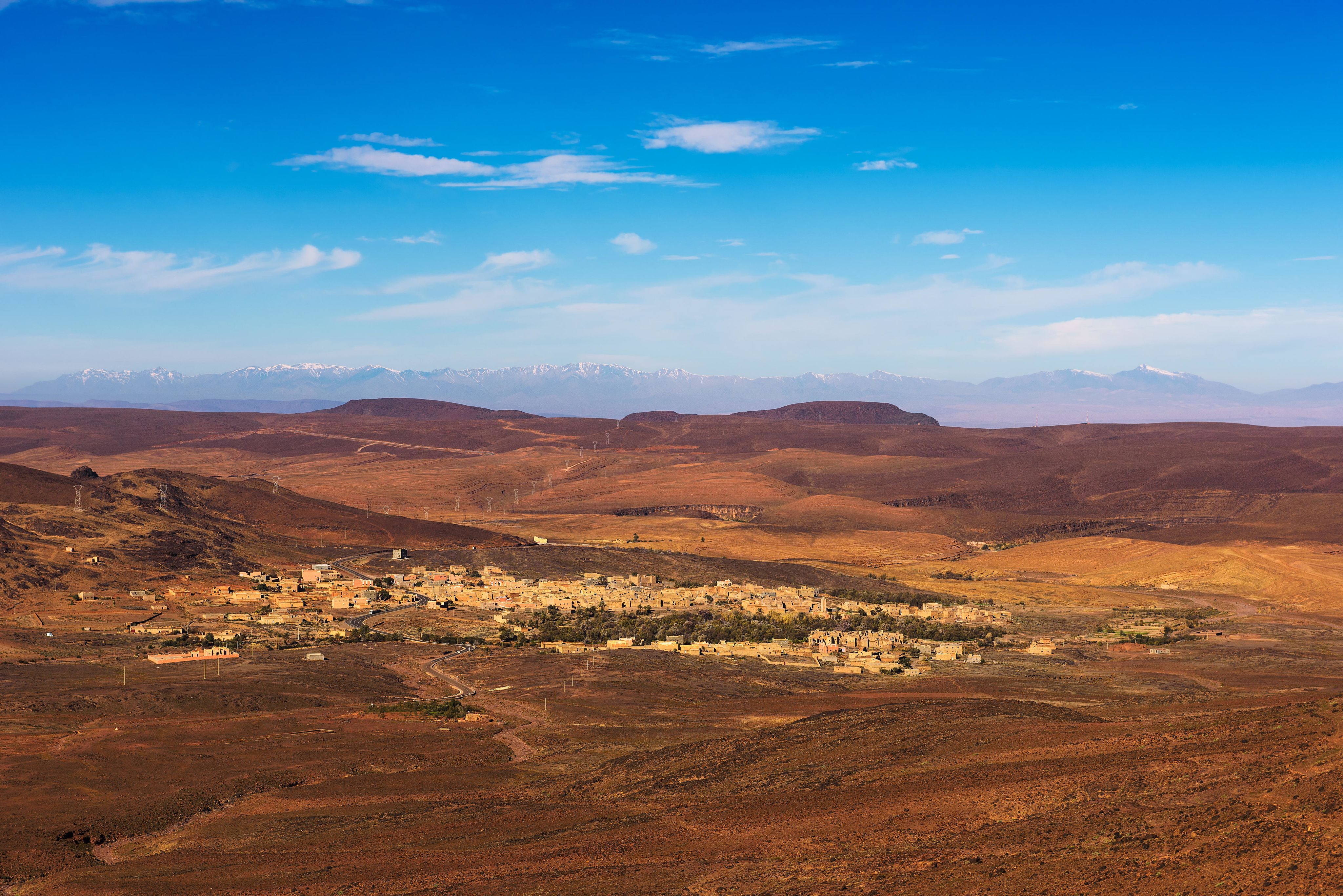
Dr. Eghosa Ekhator, Senior Lecturer in Law, Derby Law School; @Goser_ovbiedo
"Africa is unduly impacted by climate disasters. Climate justice, which is a variant of the environmental justice paradigm, can be used as a tool or one of the strategies to improve access to justice for climate change victims in developing countries (including, for example, Nigeria). There is a plethora of definitions or connotations of climate justice, and arguably, there is no universally accepted definition of climate justice. For example, climate justice is premised on the need for international law to protect the rights of the most vulnerable people from the unequal negative impacts of climate change."
Tools for climate justice
"Reliance on climate litigation is on the rise globally. Hence, climate litigation is one of the tools or strategies that can be used to promote climate justice especially in cases instituted against multinational corporations in different parts of the world (especially in developing countries).”
For further reading, check out Dr. Ekhator's contribution to the "Evolution of the SDGs framework," the introduction to the book Implementing the Sustainable Development Goals in Nigeria.

Including all voices in the quest for sustainability will take change: change of discourse with a new acknowledgement of differences in "languages, worldviews and cultures"; changes in how and where countries invest (looking at grants instead of loans, etc.); and change from short-term to long term thinking, outside of election cycles.
Decisions need to be made with an understanding of how they will affect local people in real-time – what Dr. Thomas Tanner calls "resilience thinking" – as well as how these decisions will affect people on the other side of the world, as Laura Pereira noted, a switch to electric vehicles for one country needs to consider how it will impact mining of lithium or cobalt on another country.
A world dominated by a "Western" population (and Western thought) is a thing of the past. By 2030, modeling indicates that 1/3 of the world's population will either live in India or China, and "half of the global population growth between now and 2050 is expected to be in just eight countries – the Democratic Republic of the Congo, Egypt, Ethiopia, India, Nigeria, Pakistan, the Philippines and the United Republic of Tanzania." The diverse arguments put forward by the experts who have contributed to this article illustrate why these countries, and others, urgently ought to have a seat at the table. A broader discussion will enable policies that are more likely to succeed.

You might also like:
Social justice and sustainability
Find out about the content we publish, commitments we've made, and initiatives we support related to social justice and sustainability:
 China
China Africa
Africa
